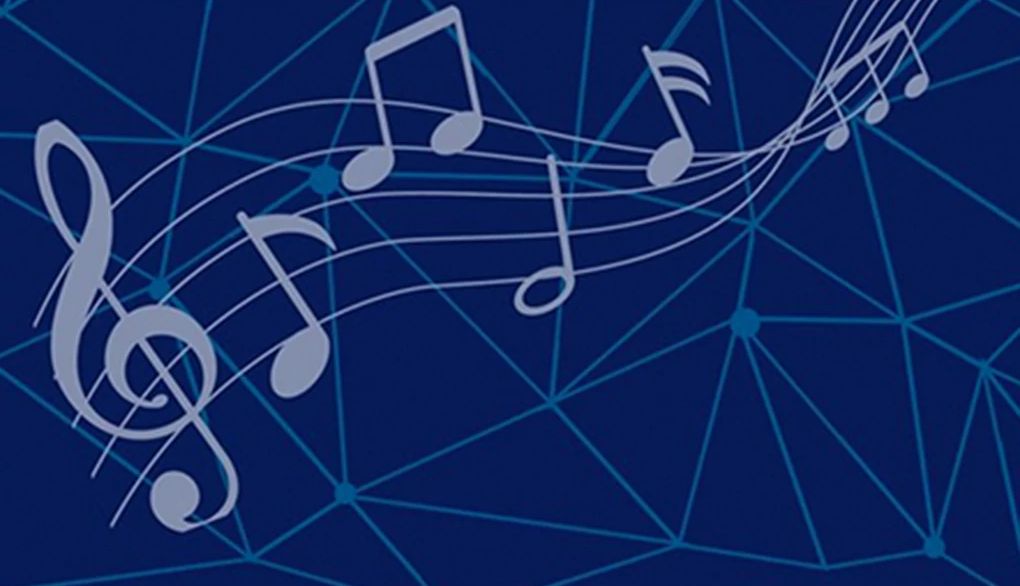Challenges


Turn up the radio. Sing a song. Dance around the room or pick up a guitar. Making and enjoying music can stimulate your brain, trigger memories and emotions, connect you with others and enrich your life, according to a report from AARP’s Global Council on Brain Health (GCBH).
How exactly does this happen? Music engages multiple parts of the brain and helps them work together, according to the GCBH report Music on Our Minds. It is based on a review of scientific literature by independent experts. But you don’t have to be a scientist to recognize music’s power to move your body or surface emotions, says GCBH member Jacobo Mintzer, a professor in the department of health studies at the Medical University of South Carolina.
“When we listen to a tune that has a positive emotional context for us, it automatically brings up memories associated with it,” he says. Even people with dementia respond to music from their past, according to the report.
“What we don’t know is if the music will stimulate memories not related to the music,” Mintzer says. “Will it also help me remember the list of what I need to get at the grocery store?” Research is ongoing.
Music-based therapies may also improve the quality of life in people with dementia, help people with Parkinson’s walk better and help stroke survivors regain speech, the report adds.
But everyone can benefit from music, says the GCBH report. Here’s how.
- Just dance. If you dance with a partner, you get the added boost of social connection and coordinating your moves, Mintzer says. “You are really getting a full brain workout.”
- Listen to music when you exercise. This could provide a mental lift and extra motivation to keep moving.
- Learn to play an instrument or take up singing, even if you’ve never done either before. You may gain a sense of mastery, while helping your brain make new connections.
- Perform music with a group. This could challenge you and create bonds with your fellow players or singers.
- Enjoy familiar music that comforts you and evokes positive memories and associations. But also listen to new music, which may stimulate your brain and offer a new source of pleasure.











More From Staying Sharp
Change Your Soundscape for Better Sleep
Reducing distracting noises may help you sleep
Find Calm With the STOP Mindfulness Technique
Relieve stress and stay focused with this easy, do-anywhere meditation
Write a Better To-Do List
This simple tool can help you feel calm and productive